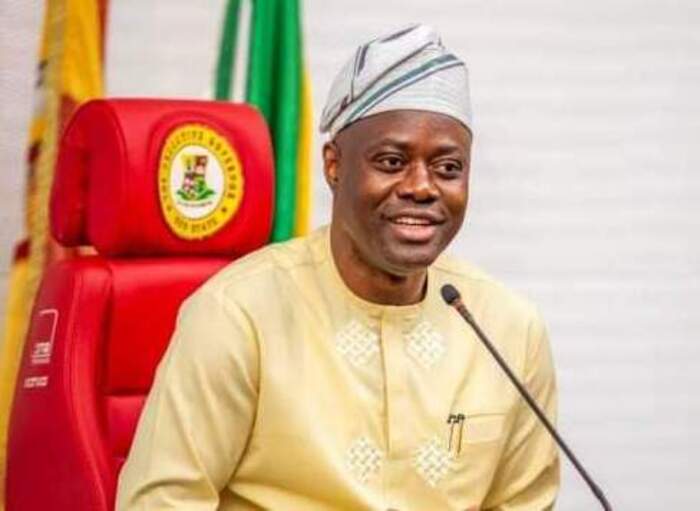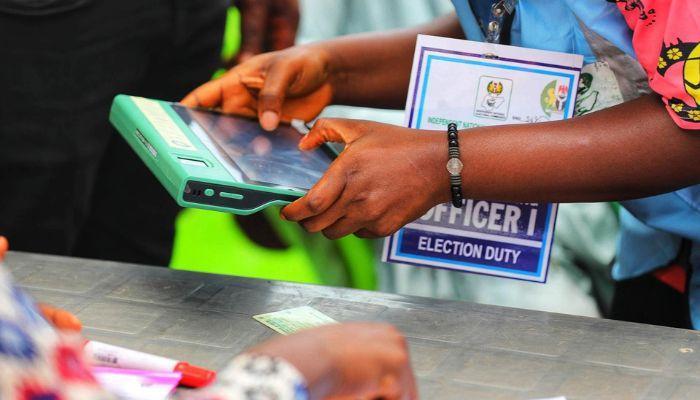At the commencement of this administration, the Newspaper Proprietors Association of Nigeria (NPAN) organized a forum where the issue of petroleum subsidy was discussed. Many government functionaries and members of the civil society were present at the event. One of the government functionaries was the Minister of Finance and the Coordinating Minister of the Economy, Dr. Ngozi Okonjo-Iweala.
While leaving her podium and engaging the people, Dr. Okonjo-Iweala said Nigerians have told them that the government should stop telling them what they want to do but tell Nigerians what they have done. True to the style of governance in Nigeria, the government rather than heed the request of the people, which will make governance more conducive for the inclusive growth that the government yearns for, the status quo, remains. Truly, old habits die-hard!
The Nigerian power sector is a clog in the wheel of progress of the country. The richest man in Africa, Alhaji Aliko Dangote even underlined this at the World Economic Forum in Davos in January 2014, saying that despite the epileptic power situation in Nigeria, the economy still grows at over six per cent. That underlines the potency of the Nigerian economy but there is a limit to the growth rate that a powerless economy can grow. It is the primary reason the country has not been able to achieve the inclusive growth, which the Coordinating Minister of the Economy craves for. The present situation of power in Nigeria is Never Expect Power Always (NEPA) and we need power always to ensure the much needed inclusive growth.
The government, undoubtedly, understands this and wants to remove the pain and therefore opted for privatization of the power sector as done with the telecommunication sector where Nigeria had one of the poorest indices to a telecommunication sector that is now the toast of the world. In this privatization, the government made lots of conducive offers for the investors, which by now, as usual, the government is, reneging. For instance, it was stated in black and white in the term of the contract that the new investors have the liberty to disengage any staff if not satisfied with the performance of such staff, but rather than allow the terms to flourish, the electricity workers went out of hand by picketing the power firms. Some even barricaded the entrance to the offices. No. We cannot move forward like this! Every employer reserves the right to engage and disengage any staff after following the due process. The disengaged staff of the Power Holding Company of Nigeria (PHCN) were paid N380 billion with some collecting as high as N100 million. The labour union even collected about N8 billion as arrears in check-off dues. Despite these entire anomalies, the government has stood aloof in the matter she is the primary stakeholder and allowed these disengaged workers to disturb the operations of the new power companies. The union, wrongly quoting anti labor activities, has been trying to force all the companies to continue with the old PHCN union process without regards Trade Union Act and workers’ voluntary rights. Research conducted indicates that in spite of the fact that not all staff were union members under the old PHCN and the constitution of the electricity union stating that staff are required to voluntarily state their interest to be members of union, all staff are now being forced to continue as if they are all union members and there has been no change.
As it is now, the government must resolve this logjam in the power sector based on the rule of law and the act for the sector to move forward. The seeming progress made in the sector may be jeopardized if nothing is done. The union and the workers who were part of the lack of progress in this sector and who were grossly compensated at the expense of average Nigerian who still do not have power are now still holding the public to ransom.
The privatization also sat on various wrong assumptions. This include the fact that the cash collected from end customers is much lower than expected and it is not even enough to cover all costs in the sector and the regulatory solutions proposed so far are far from solving the problems. The payment for part of the gap from government as subsidy based on the existing tariff structure has also not been made. The generating and distribution companies are facing deviations between the projected business plans presented by them and the actual situation on ground presented by National Electricity Commission (NERC) and the Bureau of Public Enterprise (BPE). This is bigger than what can be handled within the limits of the agreement with government as the official assumptions given by BPE and NERC for the privatization have been seen and proved to be incorrect. The government needs to be able to stick to its own side of its agreement with the investors by ensuring that agreed cost is covered and the agreed return to investors to cover their financial exposure is guaranteed. This is what is called ‘take or pay’ for generating companies, and ‘cost plus’ for distribution companies. The true position is that the financial sector is heavily exposed already in the power sector, and the uncertainties arising from the present situation of government not meeting its own side of the transaction increases the financial sector’s risk perception of the power sector. Thus additional financing to cover the gaps would hardly come if there is no change in the way the situation is evolving especially with the fact that losses announced at takeover by the new investors are remarkably higher (up to double) than the assumptions. Again, there is not any kind of bankable guarantee that the investors can use to get more funds from financial institutions to cover the gap that this situation is producing. Indeed, this is where the regulator, NERC, need to step up to protect the interest of all parties in the industry -investors and consumers alike, if the industry is to grow and power is to be made available to Nigerians.
Coupled with less revenue than was advised, the new investors have to make more capital injections higher than expected to improve power supply and cover operational costs. The problem of the cost of gas supply to power the electricity station is another major issue that the government must resolve especially with the additional National Independent Power Project (NIPP) across the country. If not, the available gas is so low that it cannot power the sector and this will take us back to square one. The possible consequence of this is that the firms who have to reduce the operational loss may result into more expensive tariffs to the customers, and slow down the electrification expansion with no significant increase in electricity supply to the customers.
Ibrahim Kangogo argues that the government must resolve this logjam in the power sector based on the rule of law and the Act for the sector to move forward








